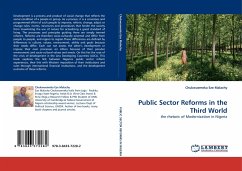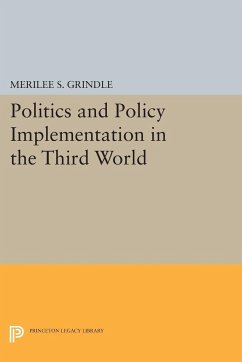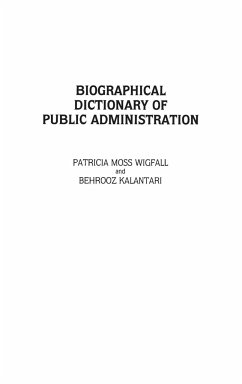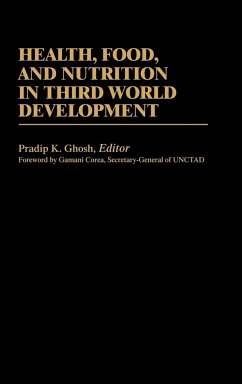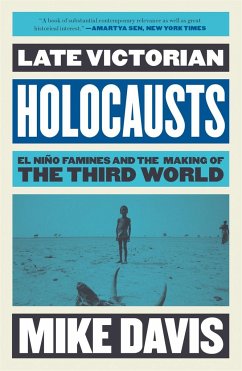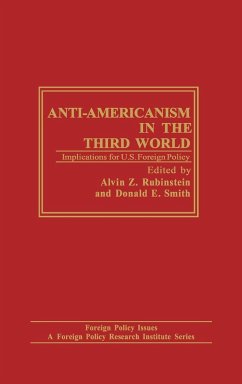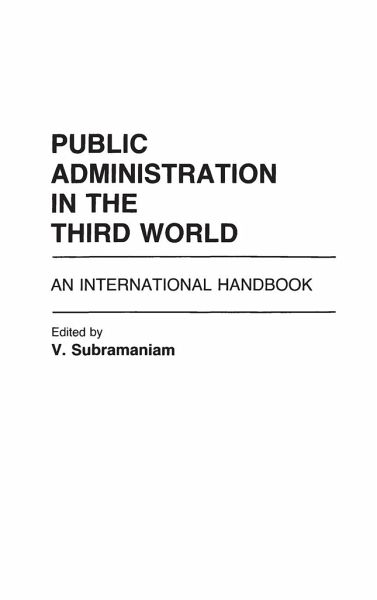
Public Administration in the Third World
An International Handbook
Versandkostenfrei!
Versandfertig in 1-2 Wochen
78,99 €
inkl. MwSt.

PAYBACK Punkte
39 °P sammeln!
This multiauthor reference handbook gives a detailed, objective picture of the evolution, structure, and processes of public administration in representative Third World countries. Written by an international group of specialists with first-hand knowledge of the subject, it presents empirical studies of developing nations in Asia, the Middle East, North and Sub-Saharan Africa, the West Indies, and Latin America. The resulting data are shaped by the editor into a theoretical framework delineating the complex relationships of state, bureaucracy, and class in the Third World. Subramaniam's introd...
This multiauthor reference handbook gives a detailed, objective picture of the evolution, structure, and processes of public administration in representative Third World countries. Written by an international group of specialists with first-hand knowledge of the subject, it presents empirical studies of developing nations in Asia, the Middle East, North and Sub-Saharan Africa, the West Indies, and Latin America. The resulting data are shaped by the editor into a theoretical framework delineating the complex relationships of state, bureaucracy, and class in the Third World. Subramaniam's introduction provides a critical overview of development literature in the field. Each case study begins with an historical introduction and discusses the political, executive, and the administrative structures and processes. Among the specific topics covered are public enterprises, administrative departments, personnel, financial administration, and regional and local administrative units. The majority of the systems studied are affected by the unregulated power of public enterprises, the persistence of colonial legacies, and the elitism of the bureaucracy. The concluding section relates these common elements to the sociohistorical characteristics of the middle-class groups that dominate both politics and public administration. Offering new research findings and a useful theoretical synthesis, this study will promote a clearer understanding of the internal political processes of Third World nations and be of compelling interest to specialists and students concerned with Third World political economy, comparative government, and international political economy.





